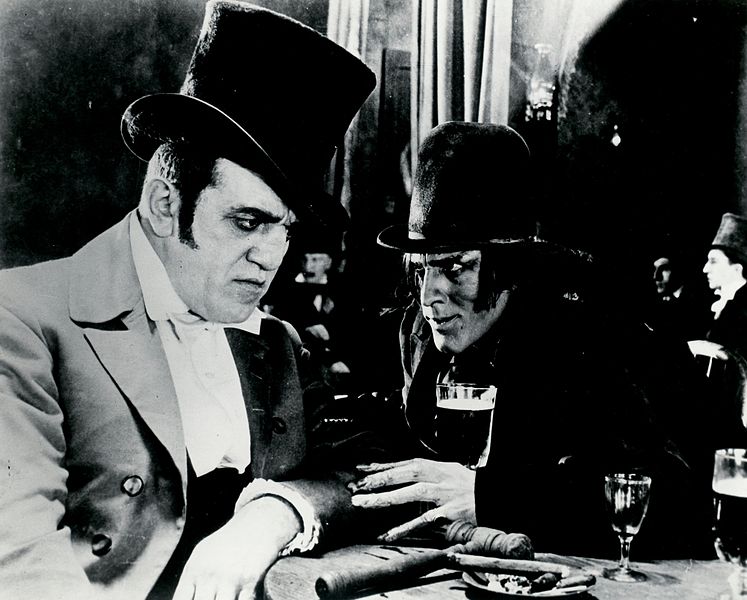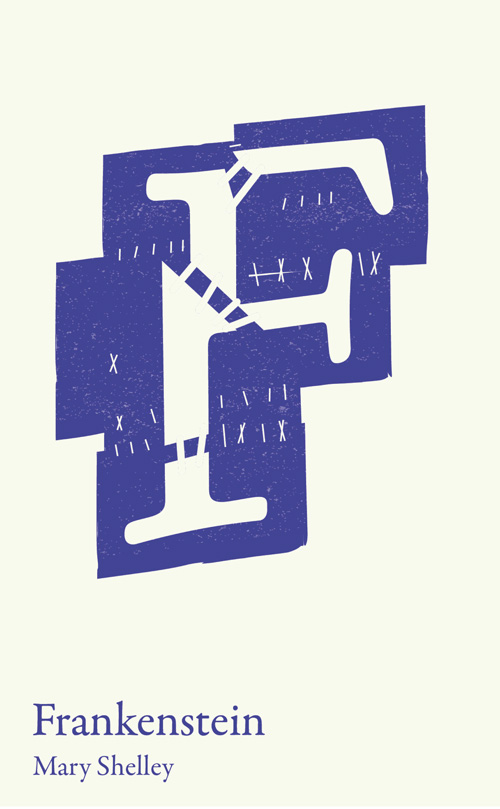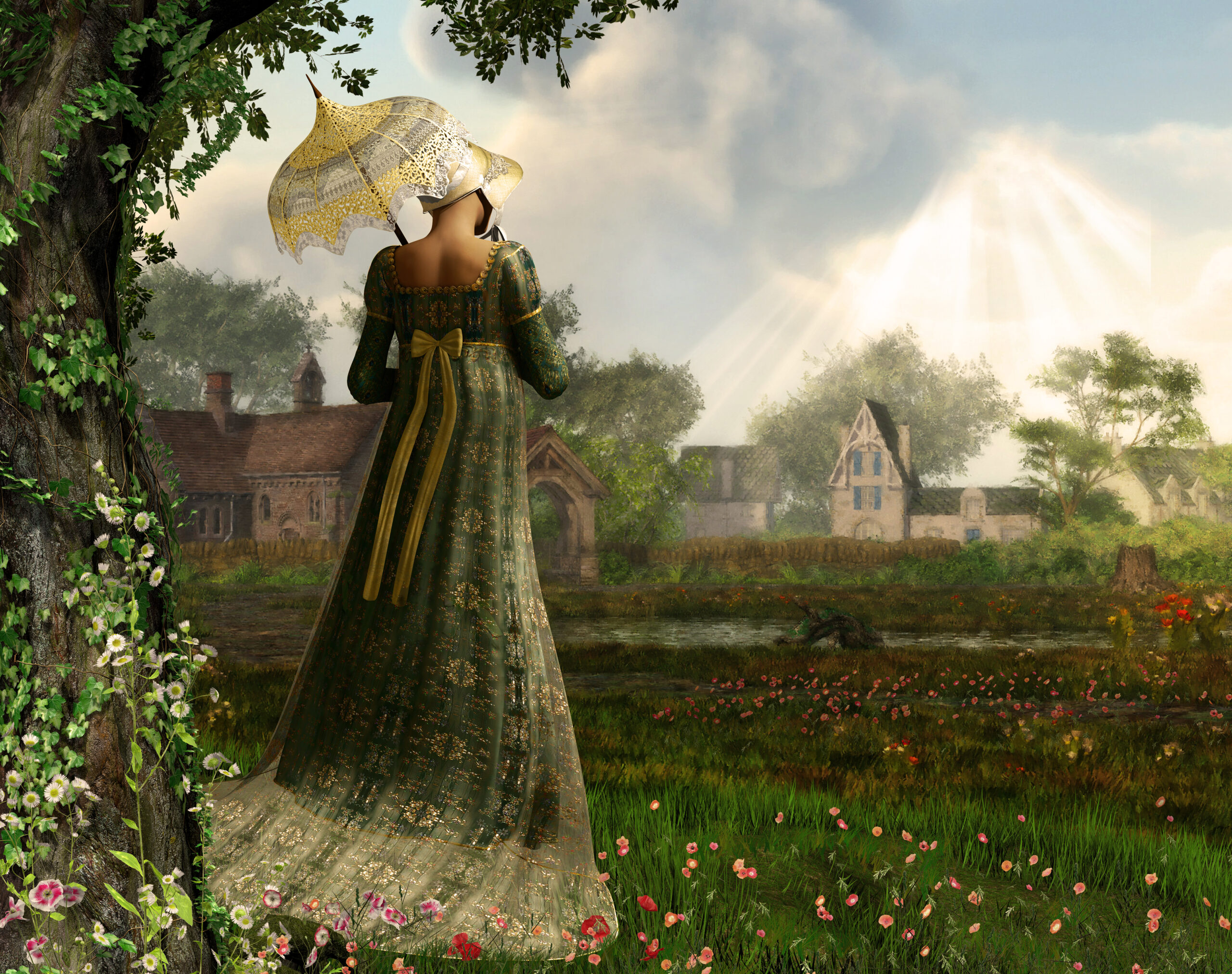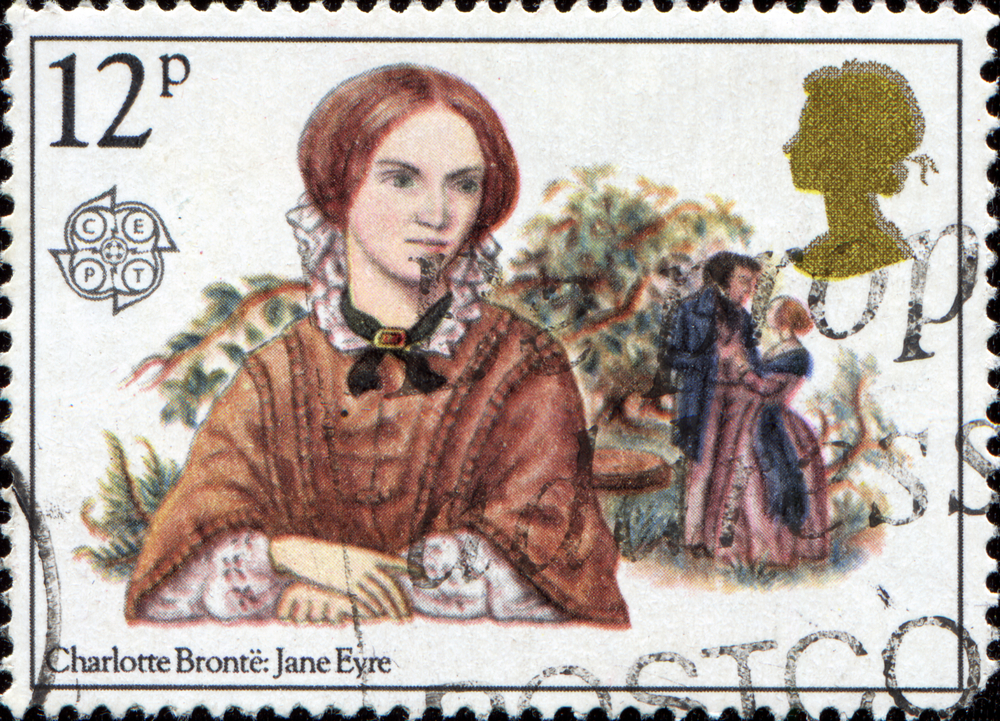
Top 10 ideas for teaching Dr Jekyll and Mr Hyde
Stevenson himself is an interesting character, admitting that what began as nightmares in childhood eventually became full and extensive images and scenes of horror that could last up to a day. Medical professionals in today’s society would probably would call these episodes paranoid delusions or the results of lack of… Read More








